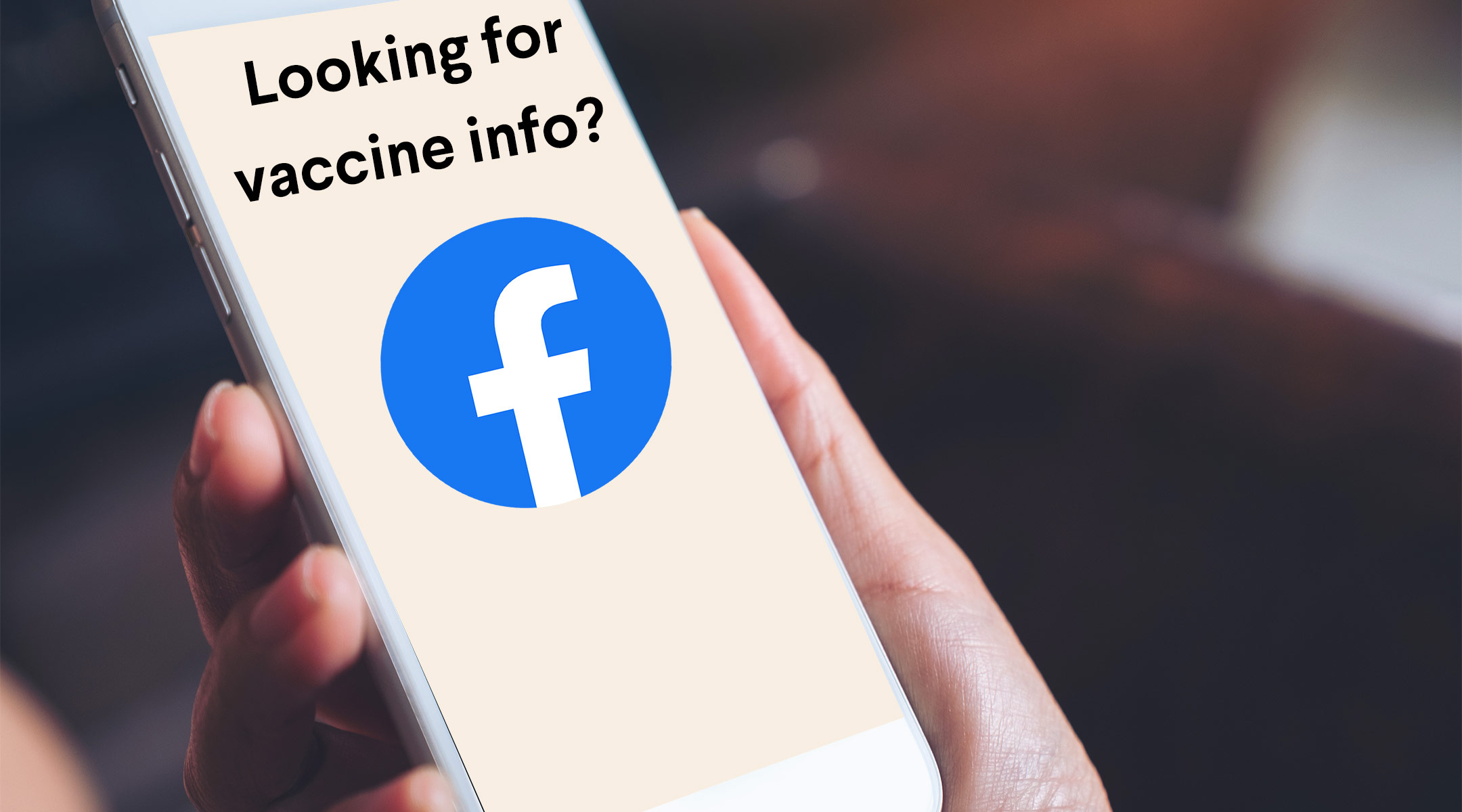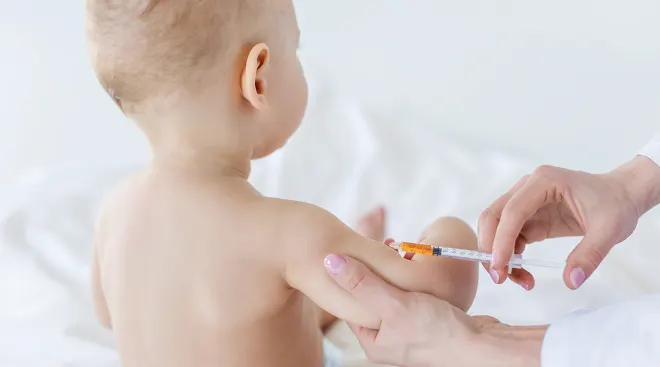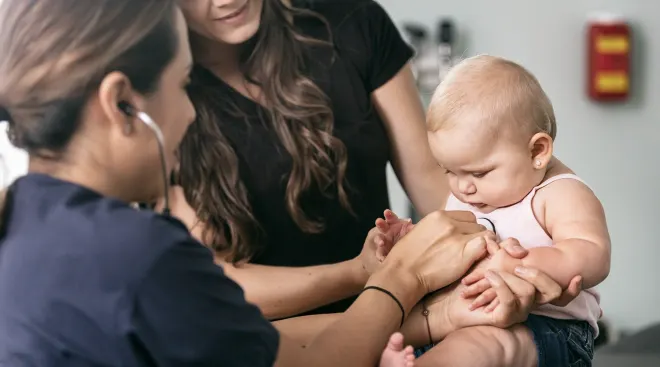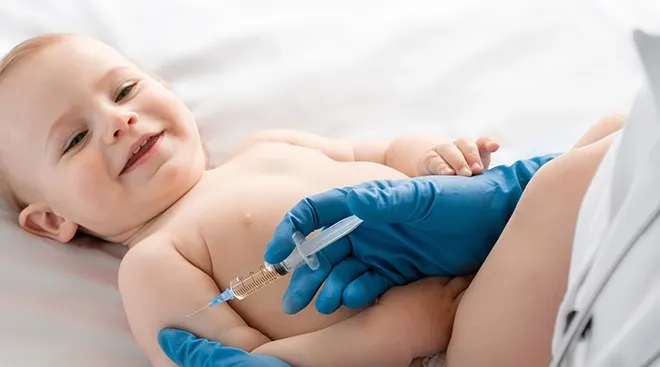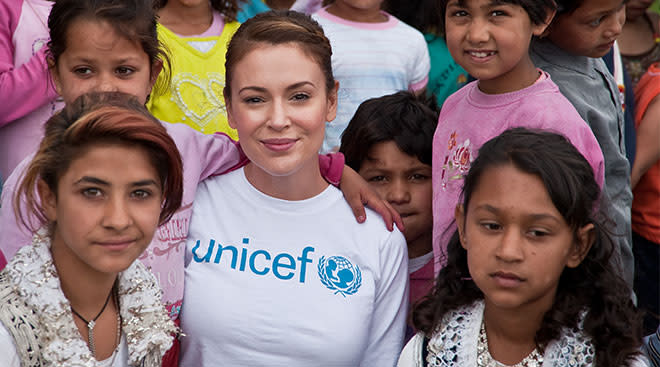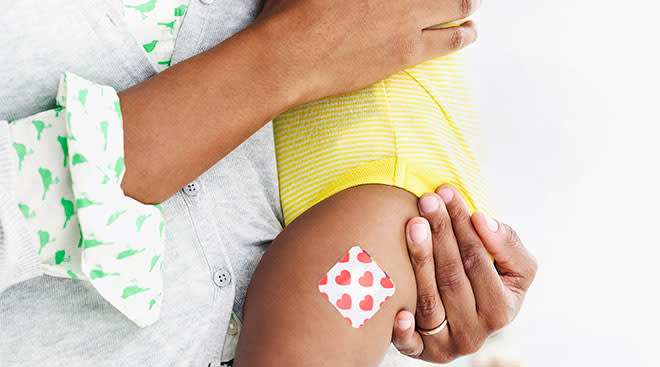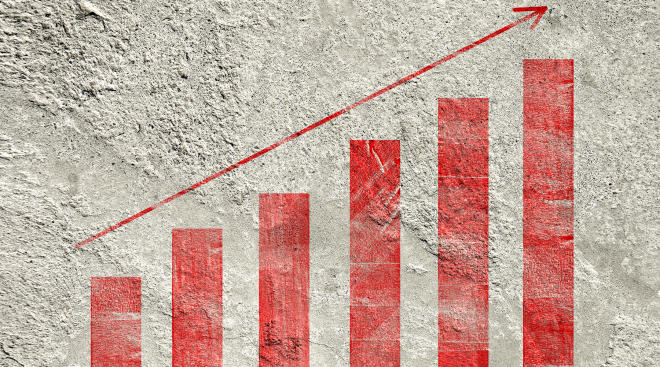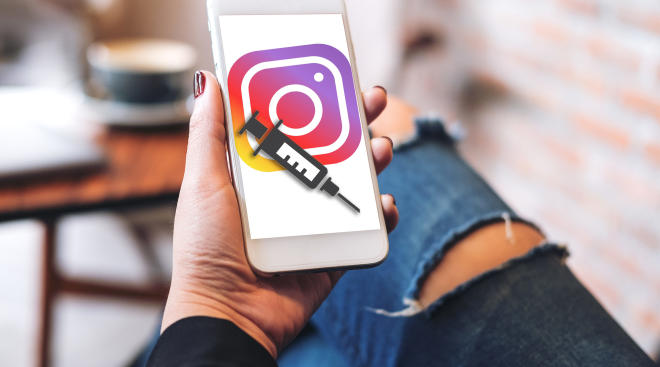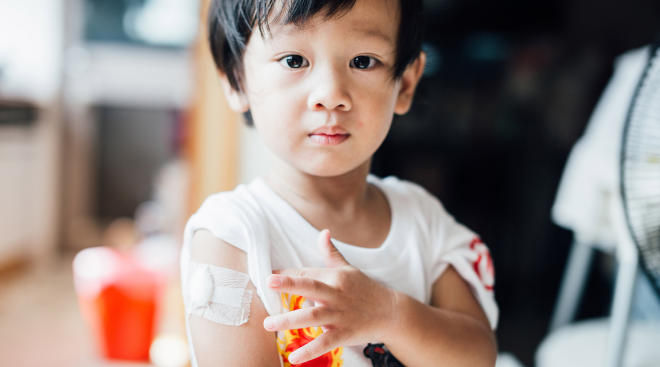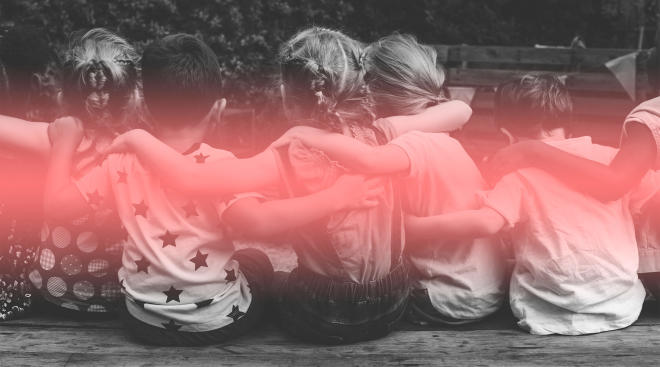Facebook and Instagram Debut New Strategy to Combat Vaccine Myths
When it comes to hot-button parenting topics, there are few as polarizing as vaccines. But with misinformation spreading like wildfire across social media, Facebook and Instagram are rolling out a new program to keep confusion in check.
From now on, when a user searches a vaccination-related topic on Facebook or Instagram, educational pop-up windows will appear, connecting them with credible, science-based organizations. Users in the US will be directed to the Centers for Disease Control and Prevention (CDC), while those outside the US will be steered to the World Health Organization (WHO). The same thing will happen if they visit vaccine-related Facebook groups and pages or click on a related Instagram hashtag.
The strategy, which has been in the works for a while, is a response to the overwhelming volume of anti-vaccination content that’s leading people toward uninformed decisions. "Vaccine misinformation is a major threat to global health that could reverse decades of progress made in tackling preventable diseases,” WHO Director-General Tedros Adhanom Ghebreyesus said in a written statement. “Many debilitating and deadly diseases can be effectively prevented by vaccines.”
The move by Facebook (which owns Instagram) comes at a time when measles is on the rise in this country. The CDC reports there have already been 1,200 cases of measles in the US this year, the most since 1992. Public health officials believe all the anti-vaccination content online has been a big part of why fewer people are getting themselves and their children the shots they need, causing disease to spread.
"We know that parents often turn to social media to access health information and connect with other parents, and it can be difficult to determine what is accurate and who the credible sources of information are,” CDC Spokeswoman Kristen Nordlund told CNN. She applauded Facebook’s move, saying, “vaccine myths and misinformation is a shared responsibility.”
Other social platforms have already debuted similar strategies. In May, Twitter began sending users to vaccines.gov, run by the US Department of Health and Human Services. As of last week, Pinterest users searching “vaccine safety” or “measles” (and various other terms) will also be sent to official public health organizations, and is now working directly with the CDC and WHO to create content for its platform. Amazon pulled anti-vax documentaries off their site earlier this year, and YouTube pulled ads from videos with the same type of content. At least Facebook is catching up.
Please note: The Bump and the materials and information it contains are not intended to, and do not constitute, medical or other health advice or diagnosis and should not be used as such. You should always consult with a qualified physician or health professional about your specific circumstances.
Navigate forward to interact with the calendar and select a date. Press the question mark key to get the keyboard shortcuts for changing dates.
































